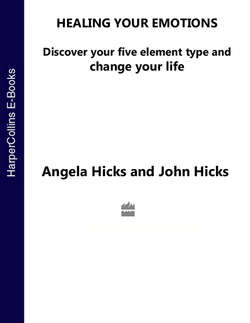Читать книгу Healing Your Emotions: Discover your five element type and change your life - Angela Hicks - Страница 52
Ambivalence and Indecision
ОглавлениеThe full venting of anger is only occasionally effective in getting us what we want and, even when it works, there may be negative side effects. So ambivalence and indecision are a natural progression from wanting to be angry, but at the same time not wanting to. Ambivalence or indecisiveness may feel awkward, but they will at least maintain personal and social contacts. The feelings of anger, of course, remain unexpressed and get stored somewhere in the body.
Wood types like Julia and Jacqueline find it hard to show their anger and frustration. Julia says:
I don’t get angry when I should do, then I get angry with the wrong person. I might also cry if I feel angry. Eighty per cent of the time I might be experiencing anger but cry as well. I might not say anything when I’m angry but then it sits inside me and I think about it a lot and it festers.
Jacqueline told us:
I talk about my anger towards people but then I don’t show it with the people I’m angry with and I back down. I appear to be assertive, but it takes a huge amount to manifest anger to their face.
Eleanor tells us about the difficulties she has making a decision:
I can think I’ve made a decision but because other options are there, I can’t leave it alone. I can’t rest with it properly. Other things keep popping up and I want to take everything into account. I see other people making clear decisions and not worrying about the ‘ifs’ and ‘buts’ anymore. For me other possibilities stay in the picture and it makes life difficult.
Ambivalence and indecision make it difficult to move forward in our day-to-day lives. If we return to the baby’s natural reaching out for something, and appreciate that this normal urge can get transformed into indecision, how then can we recognize a distorted expression in everyday life?
EXCESSIVE ANGER AND OUR HEALTH
Research carried out by Dr Redford Williams at Duke University found that excessive anger was a higher predictor of dying young than smoking, high blood pressure and high cholesterol! He asked students at the medical school to fill in questionnaires and found those who scored highest on the test for hostility and anger were seven times more likely to have died by the time they were fifty than those with lower scores.5
